Scott Anderson2 Kings 4:42-44 † Psalm 145:10-18 † Ephesians 3:14-21 † John 6:1-21 In the fall of 2014 IHNFA, the Honduran Childcare services were restructured by a Honduran government that was under pressure from UNICEF and in a season of reform. It had been an open secret for some time that the majority of the IHNFA budget was enriching administrators and bureaucrats rather than serving the vulnerable and abandoned children it was charged to protect. Many services were cut, including the government-run children’s homes and some of its foster programs. This created its own challenges in a country of 8.5 million people in which 138,000 are already without a home and more than 1 million are housing insecure. NPH Honduras was involved in discussions with the new authorities from the beginning. Their national directors had become a trusted player through years of cooperation and positive engagement—so much so that the social arm of the Honduran government frequently consults with NPH in exploring solutions to the social challenges they face. The result in 2014 was that the NPH Honduras family gained 60 new children between November and December. It was quite a Christmas present for the kids, and a huge and uncertain undertaking for Rancho Santa Fe, the NPH home in Honduras. The vast majority of these kids were under 11 and immediately became part of Casa Suyapa, what is commonly referred to as the Baby House. This effectively doubled the population of the house and created all sorts of immediate needs for space, staffing and many other matters in relationship to the transition, not to mention the immediate impact it had on the kids already there, and on the ones who were coming from state-run homes—many of whom had been deeply scarred by the conditions. It was an impossible task. They didn’t have the people. They didn’t have the facilities. They didn’t have the funding. And yet, they knew this was what they were created to do. This is what they were called to do. This is what they had to do. So they did it. They chose to take a chance. They chose to be generous, giving themselves to the faith that NPH’s founder Father Wasson had so beautifully stated: “We refuse to believe that we can be more generous than God.” You might not be surprised to know that some of the most willing partners were the other kids who were already there, who were asked to share their home with a bunch of new children. They did it gladly—paying forward the generosity they had received when they first arrived at the ranch. We see something similar, of course, in the story that unfolds in John today. The story is filled with compassion. The disciples are tired. Jesus is no doubt tired. They have not been able to get away from the relentless needs of the crowds. And this story highlights the impossibility of the task as news of Jesus has exploded across the countryside. More and more needs follow him wherever he goes until they find themselves in the midst of this impossible situation—a massive crowd of hungry people and no hospitality services in sight. And what does Jesus do? “Hey Phil. What’s your plan? Where are we going to get food for 5000?” Ok—maybe compassion isn’t the first word that comes to mind! It might be more accurate to say that Jesus sets up his disciples! Or as the text says it, he tests them. He puts them into crisis, even though he knows what he’s going to do. If I’m Philip, I’m thinking, “What’s this we stuff?” Where did Jesus get the idea this has anything to do with us? Here are all these children, they have no place to go. They have no family or future—sheep without a shepherd. And you’re asking what we are going to do to take care of them? But good for Andrew, right? You can rely on St. Andrew: “Well, here’s a kid with some loaves and fishes,” he says hopefully. It isn’t enough, but it’s what we have. And then this miracle happens. Now, of course, we aren’t told how it happens but all of a sudden, a simple meal suitable for a small family becomes enough to feed five thousand, with leftovers to take home. Did Jesus defy the laws of physics and biology to multiply these elements? Did he shrink everyone’s stomachs or magically increase the nutritional content and create the first superfood? The story doesn’t say, does it? It just says that there was enough. Quick calculations on the back of a napkin determined it would take about half a year’s budget to feed the group. Thankfully no one said, “therefore we must not do it.” Can you imagine how that would have ended? Instead they did as Jesus told them. They chose to be generous, and they trusted—or at least pretended to! Sometimes I’m not sure if there’s a difference when it comes to faith. And the miracle happened. I tend to move away from the magical interpretation. I think the real miracle here occurs if people, as they sit down, start pulling out their lunches, and offering a little bit to the stranger next to them, so that they suddenly discover they have what they need. I think the real miracle happens when a spirit of generosity is ignited in people so that they pull from their abundance and sometimes even their scarcity to offer what they can. I mean, that’s it, isn’t it? Isn’t that what will ultimately change things?—the sharing of what we have; the generosity that flows from knowing we are together in this thing? The miracle is that hearts are opened, and lives follow, and needs are met and friendships are formed, and a small family becomes a much bigger family as we remember what we’ve always known—that we really do belong to one another. That’s the miracle—at least one of the many. That’s what seems so uncommon and so needed these days. And what’s become less surprising to me over the years is that it’s a little more common in places like Honduras, or at least NPH Honduras, where joy and kindness and time and resources and a spirit of collaboration in sharing them and in working through the endless challenges seem to be present in such an abundance. And your heart begins to burst after being there for a few days, and tired fears and distractions seem to fade away as the volume of laughter and conversation builds. Generous faith is what makes for miracles. It is what makes for life. It is where the fruits of God’s Spirit are found. In fact, sometimes the most astonishing thing about this faith of ours is how little faith it takes for God to do remarkable things: “to him” as Ephesians says, “who is able to accomplish abundantly far more than all we can ask or imagine.” There is, of course, an invitation here. First of all, it takes us. It takes you saying “yes” even when you can’t see the way—perhaps especially then. It takes our willingness to give of ourselves, to take a chance, to live by faith when sight is limited, and budgets are underfunded, and problems are mammoth, and doubt is perhaps the thing most visible. In 2015 I was lucky enough to be hanging out in the right place when someone opened up the newly remodeled building that some of those newly adopted NPH kids moved into. Perhaps you saw the picture floating around a few years ago of Kendra Thomas towering over one of the sinks sized for these little ones in the sparkly new bathrooms. This time around, in 2018 we were able to share the ranch with a medical brigade of 50 or so who filled three surgery suites for five days—oncologists and orthopedic surgeons and hand specialists, taking care not just of the children on the ranch, but the people in the surrounding communities. We were able to be there at the same time because the new conference center that was under construction in 2015 was now available for housing as well as meetings and trainings for local entities—all as a result of the generosity of others. In anticipation of a medical brigade that would come in a few more weeks, made up only of orthopedic surgeons, the surgery center’s director told of yet another brigade who had been here previously and who set the bar they would try to clear. In five days of surgeries one group had performed 59 joint replacements. Fifty-nine! The next group was going to try to top 60. Each of these surgeries represents someone who has lost their ability to work. Each of these surgeries represents the potential for another miraculous feeding as, newly healed, these patients can return to work and feed their children again, and keep their families housed and together, and never have to send them to a place like NPH. And the in-country director of this surgery center? Well, he’s one of the first pequeños to ever come to NPH Honduras. And after going to school, now he’s back as the head surgeon for the Holy Family Surgery Center, his inspiring, tireless generosity a direct result of his gratitude for what has been given to him.
We too are in the business of trusting God for the miracles, aren’t we? I know we are, because I’ve seen you do it. I’ve seen you live with a generosity that can only flow from gratitude. I’ve seen your courage and your trust. And it just may have the power to change this little corner of the universe. In fact, I think it already has. Thanks be to God.
0 Comments
Leave a Reply. |
St. Andrew SermonsCategories
All
|
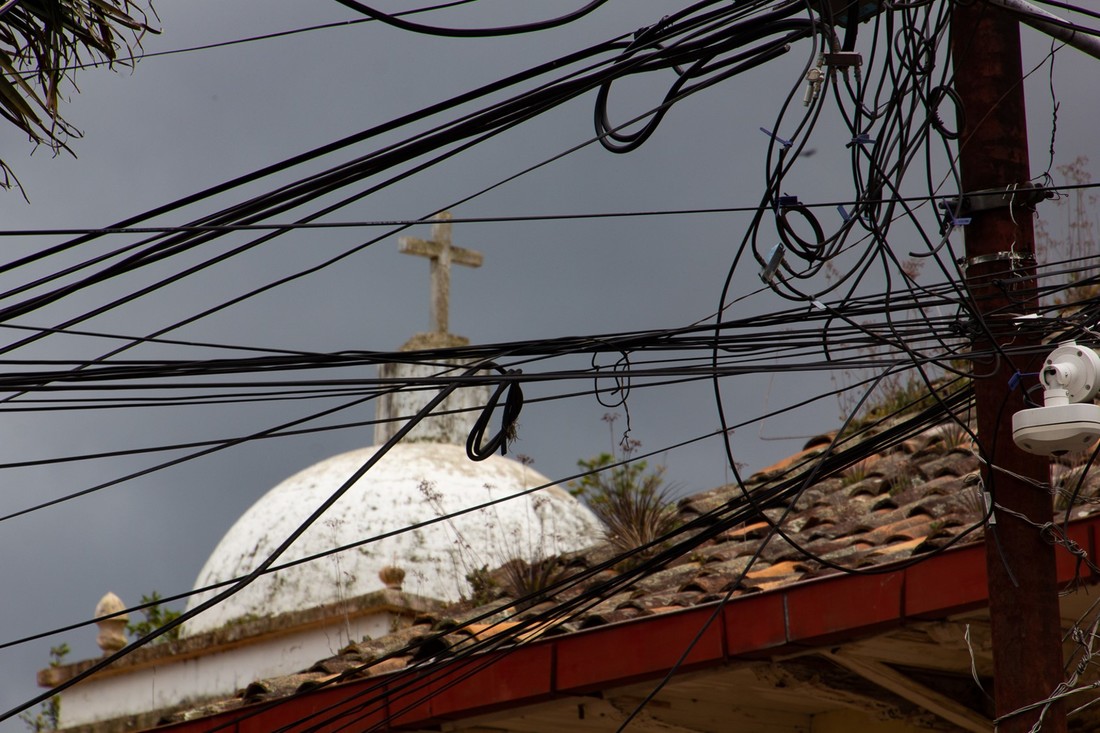
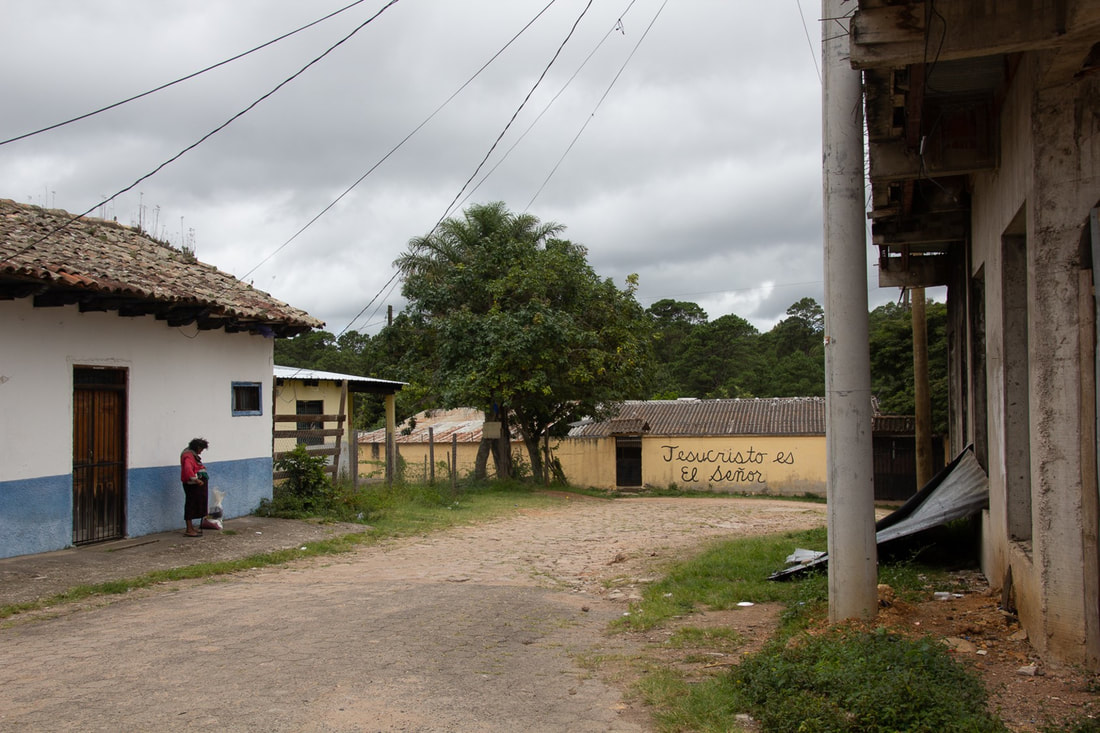
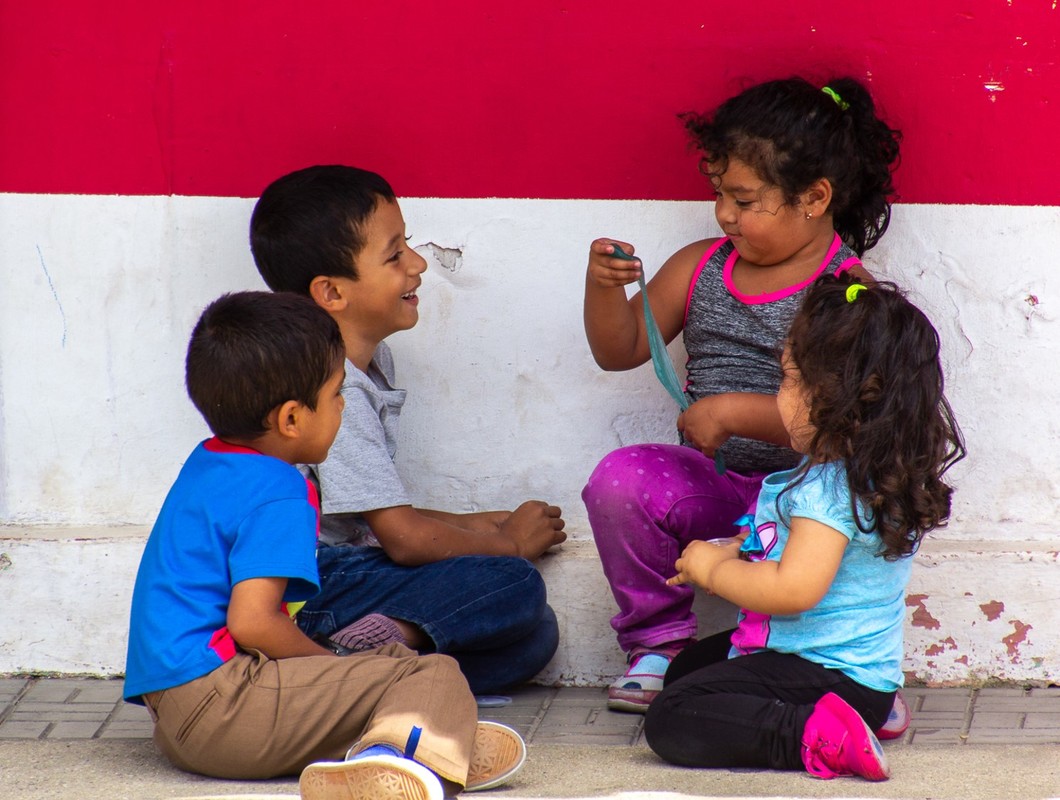
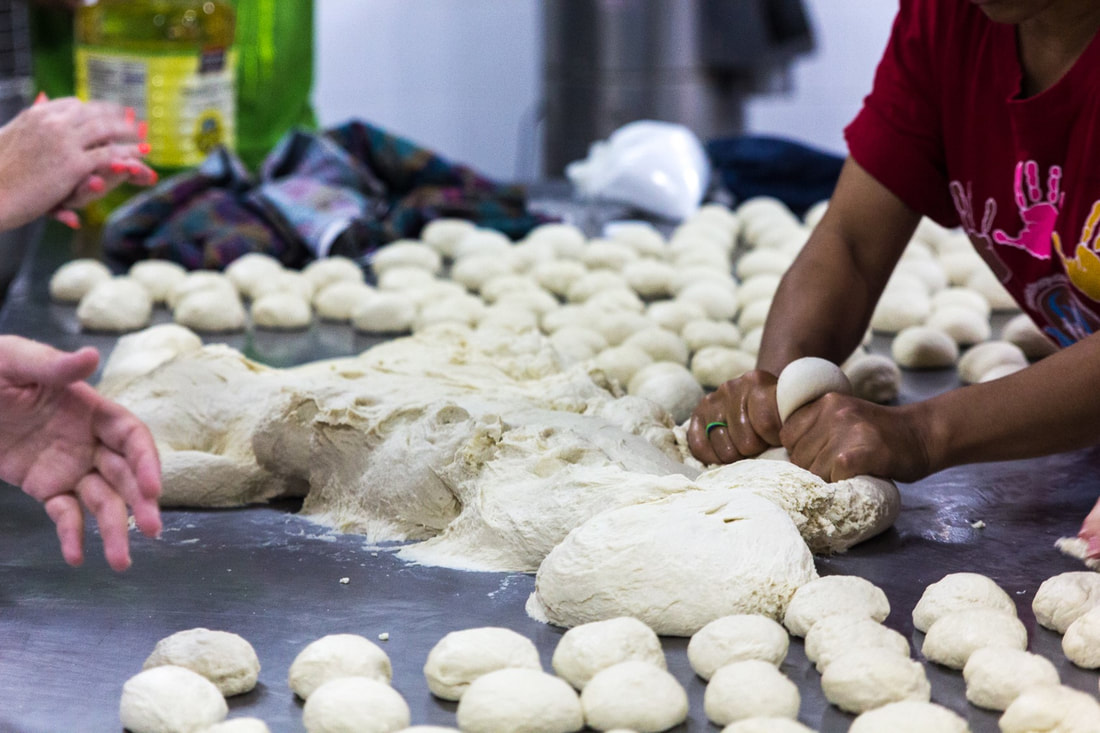
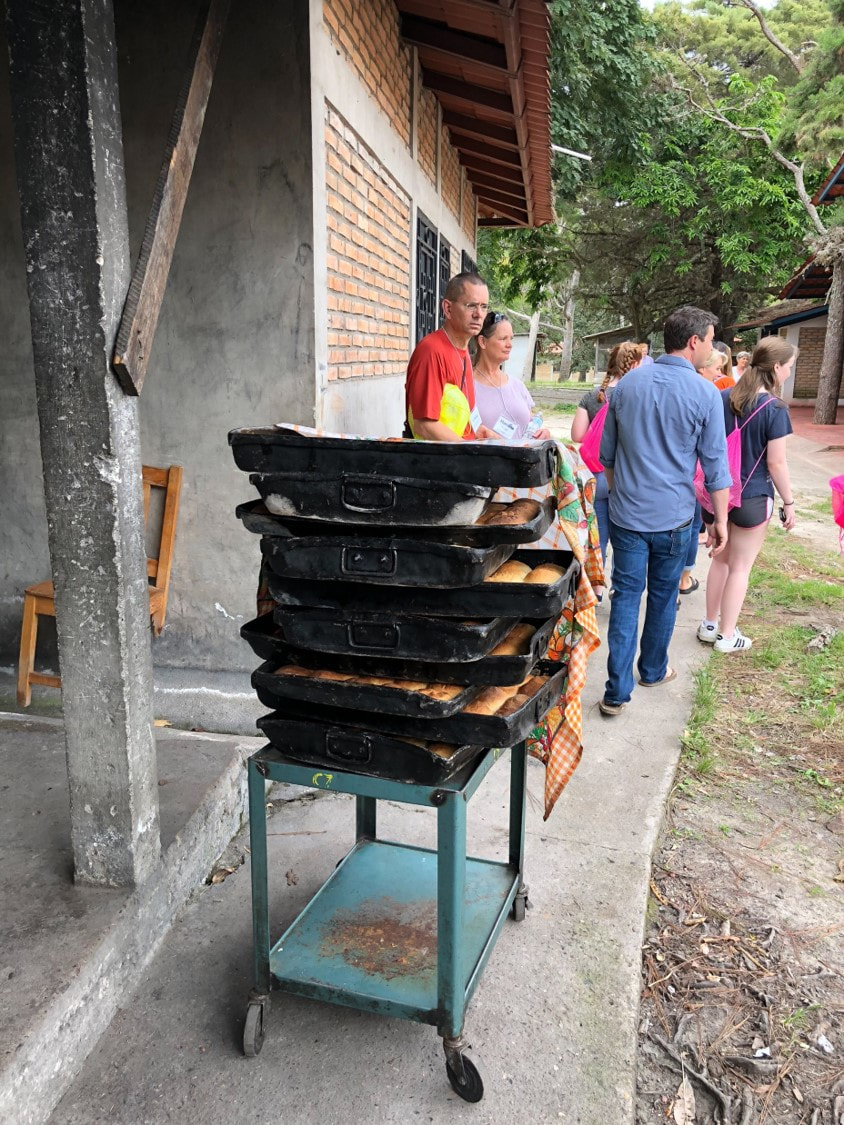
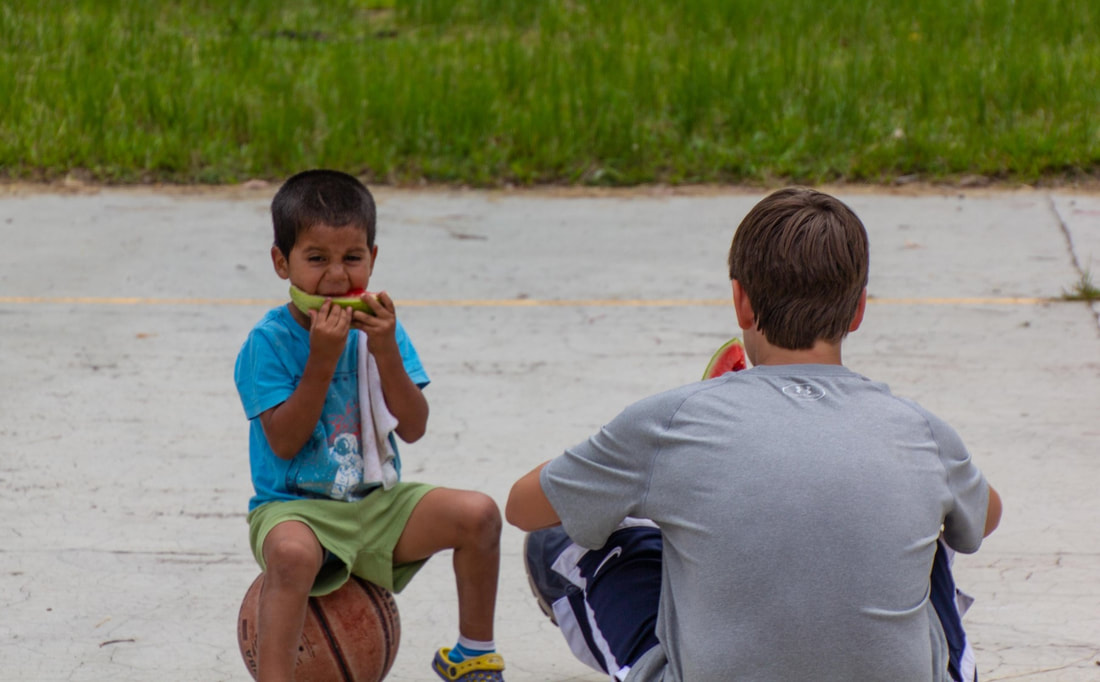
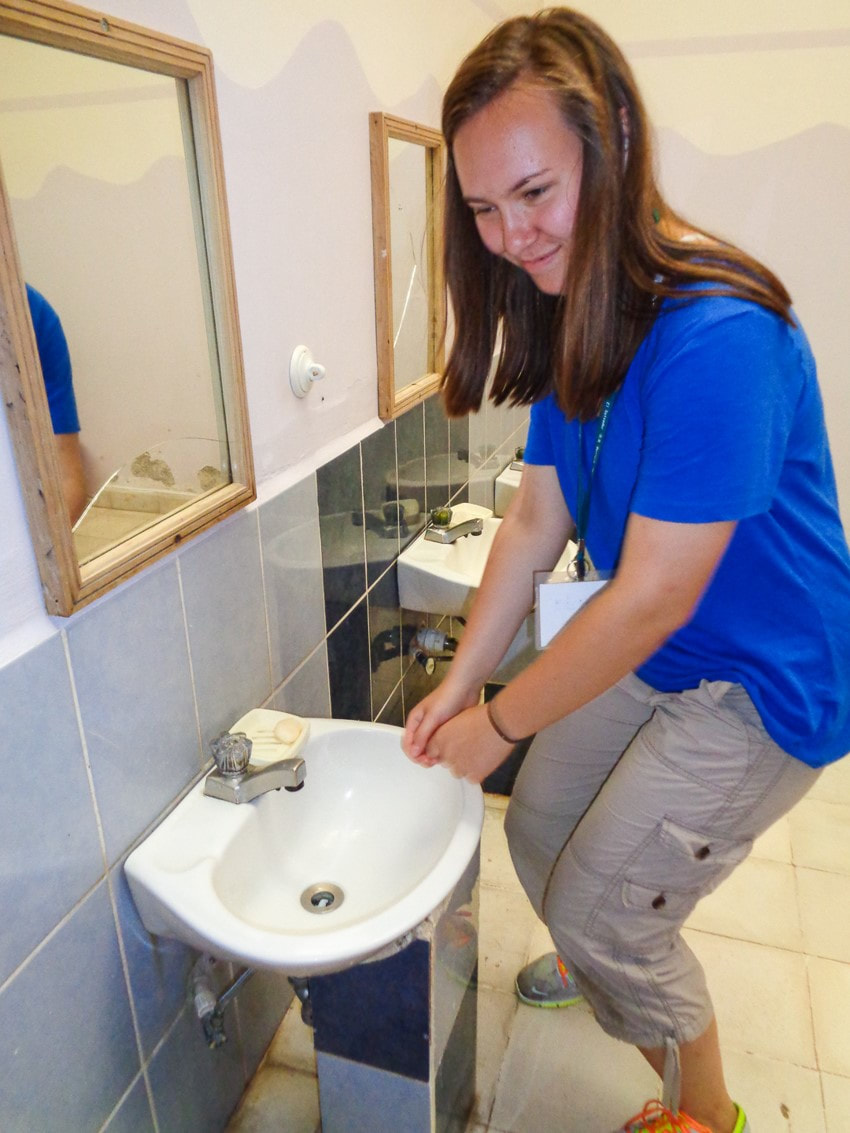
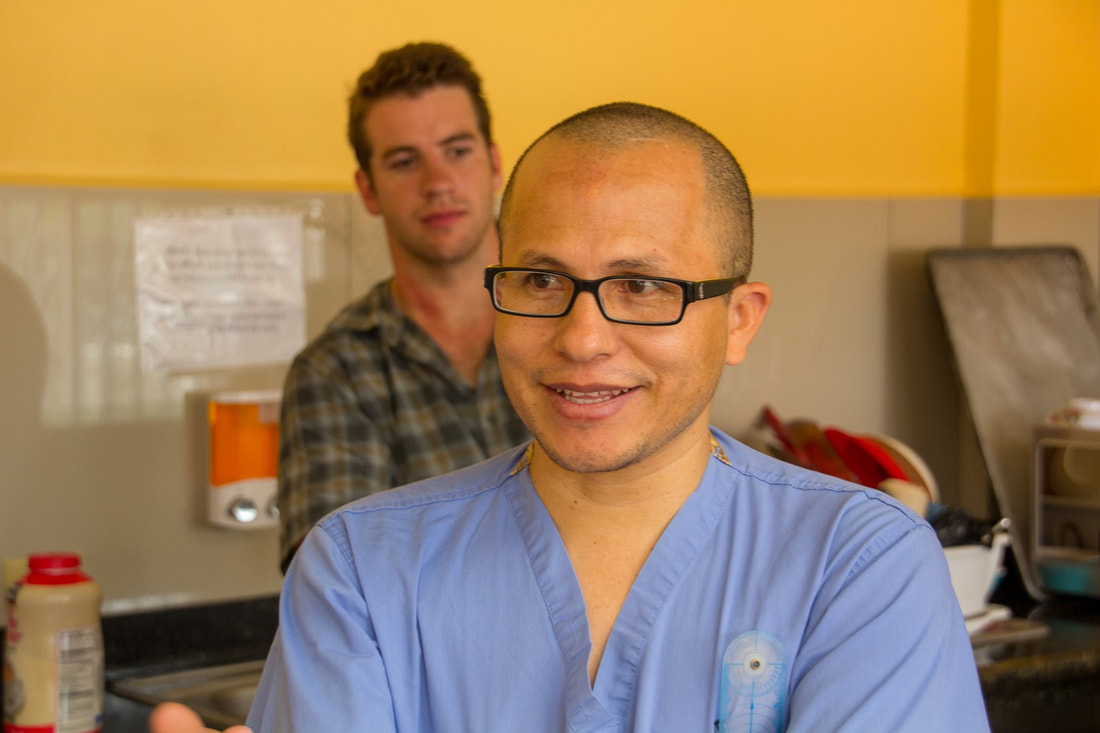
 RSS Feed
RSS Feed